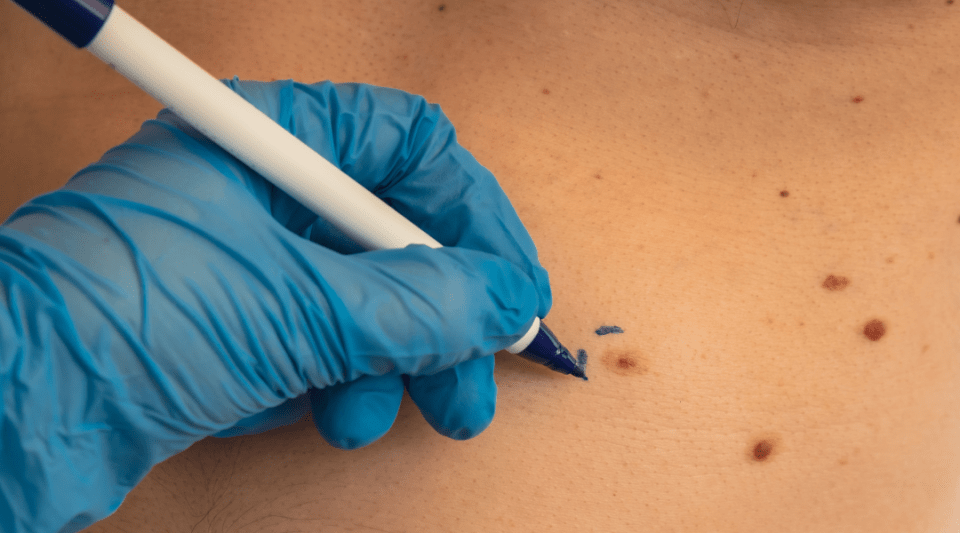Foodborne illnesses, also known as food poisoning, are a significant public health problem worldwide. According to the World Health Organisation (WHO), every year 600 million people fall ill 420,000 people die from eating contaminated food. The following are the main causes of these diseases and how to prevent them effectively.
What are foodborne illnesses?
Foodborne illnesses are conditions caused by ingesting food or beverages contaminated with pathogenic microorganisms or toxins. Symptoms can range from mild to severe and include:
-
Nausea and vomiting
-
Diarrhoea
-
Abdominal pain
-
Fever
-
Dehydration
In severe cases, these diseases can lead to serious complications and even death, especially in vulnerable groups such as children, the elderly and immunocompromised people.
Main causes of food poisoning
Bacteria
Bacteria are the most common cause of food poisoning. Some of the most common pathogens include:
-
Salmonella
-
Escherichia coli (E. coli)
-
Listeria monocytogenes
-
Campylobacter
The European Food Safety Authority (EFSA) highlights that these bacteria are responsible for millions of cases of food poisoning each year.
Viruses
Viruses can also cause food poisoning. The most common are:
-
Norovirus
-
Hepatitis A
-
Rotavirus
Parasites
Although less common, parasites can cause serious illness. Some examples:
-
Toxoplasma gondii
-
Giardia lamblia
-
Cryptosporidium
Natural toxins
Some plants and animals contain natural toxins that can cause food poisoning if not prepared properly:
-
Shellfish toxins
-
Solanine in green potatoes
-
Mycotoxins in poisonous mushrooms
Preventing food poisoning
Prevention is the key to avoiding foodborne illnesses. Below are some effective measures based on scientific evidence:
Personal hygiene
-
Handwashing: Wash your hands with soap and water for at least 20 seconds before handling food, after using the bathroom and after touching potentially contaminated surfaces.
-
Avoid cooking if you are sick: If you have symptoms of gastrointestinal illness, avoid preparing food for others.
Proper handwashing can significantly reduce cross-contamination in both food preparation and the transmission of infections.
Safe food handling
-
Separate raw and cooked foods: Use different cutting boards and utensils for raw and cooked foods.
-
Proper cooking: Make sure the food, especially meat, is cooked thoroughly and not raw.
-
Refrigerate quickly: Store perishable foods in the fridge within 2 hours of preparation.
Cleaning and disinfection
-
Clean surfaces and utensils: Regularly wash and disinfect all surfaces and utensils that come into contact with food.
-
Wash fruit and vegetables: Rinse fruit and vegetables well before eating, even if you are going to peel them.
Temperature control
-
Cold food: Refrigerate cold food at 4°C or lower.
-
Hot food: Keep hot food above 60°C.
-
Avoid the "danger zone": Do not leave food at an intermediate “room” temperature (between 4°C and 60°C) for more than 2 hours.
Many people do not manage food temperature properly, which increases the risk of food poisoning.
Safe purchase and storage
-
Check the expiry date: Do not buy or eat food that has expired.
-
Store correctly: Store food in clean, airtight containers.
-
Follow the FIFO principle: First in, first out. Eat older food first.
Education and awareness
-
Learn about food safety: Stay informed about best food handling practices.
-
Educate others: Share your knowledge with family and friends.
Risk groups and special considerations
Some people are at an increased risk of serious complications after food poisoning:
-
Pregnant women
-
Children under 5 years of age
-
Adults aged 65 or over
-
People with weakened immune systems
These groups must take additional precautions, such as avoiding certain high risk foods (e.g., unpasteurised soft cheese and raw fish or sprouts).
What you should do if you suspect food poisoning
-
Stay hydrated: Drink plenty of water or oral rehydration solutions.
-
Rest: Give your body time to recover.
-
Avoid certain foods: Do not eat solid foods until symptoms improve.
-
Seek medical attention: Consult a doctor if symptoms are severe or persistent.
The role of health authorities
Health authorities play a crucial role in preventing foodborne diseases:
-
Regulation: They establish food safety standards.
-
Inspection: They carry out regular checks in food establishments.
-
Education: They provide food safety information and resources.
A study published in the Journal of Food Protection highlights the importance of public health interventions in reducing foodborne illnesses.
The prevention of foodborne diseases is a shared responsibility between consumers, producers and health authorities. By adopting safe food handling practices and continuing education, the risk of food contamination can be significantly reduced.
Implementing these preventive measures in daily life and sharing this information helps create a safer eating environment for everyone.






